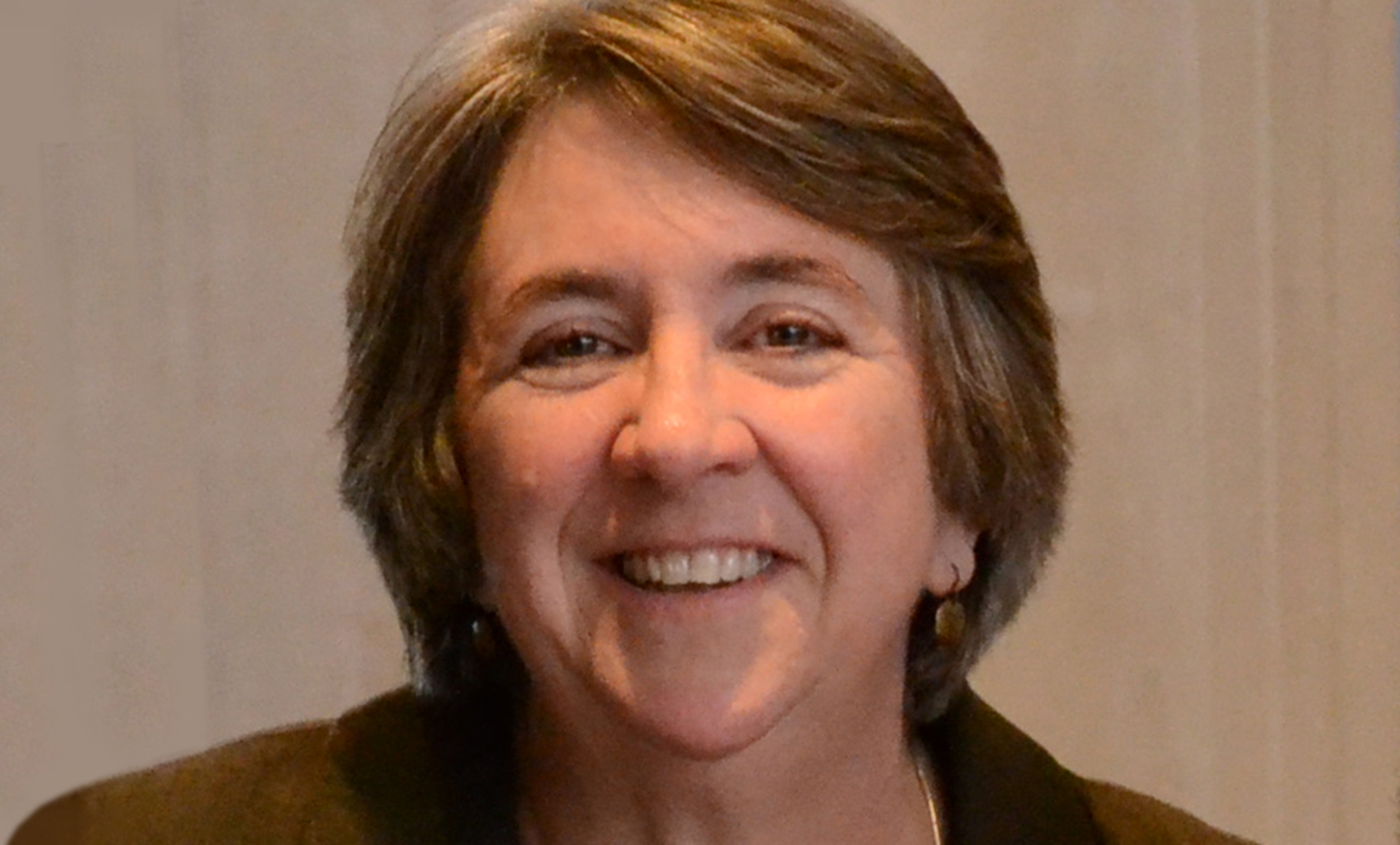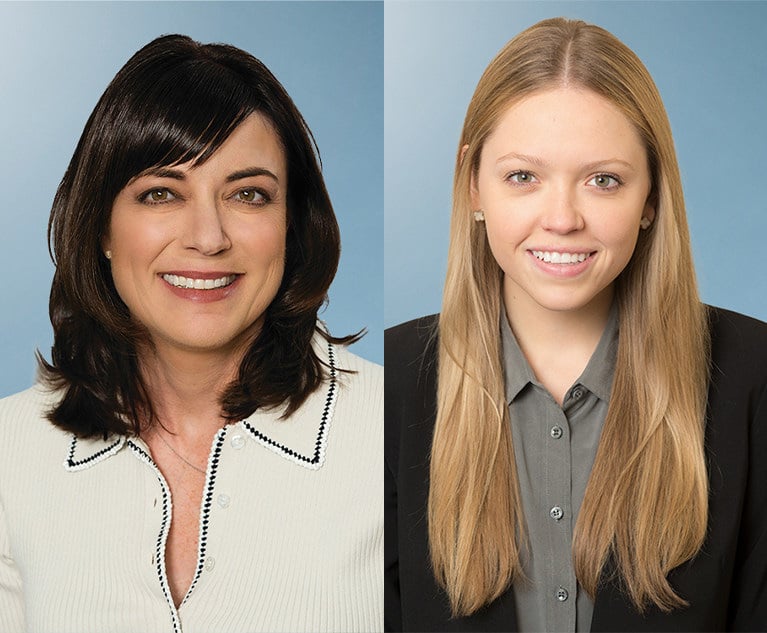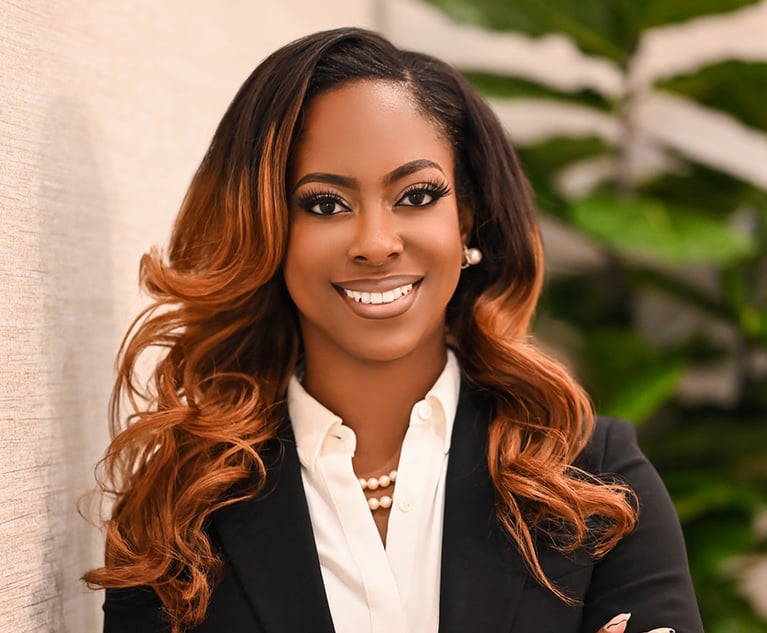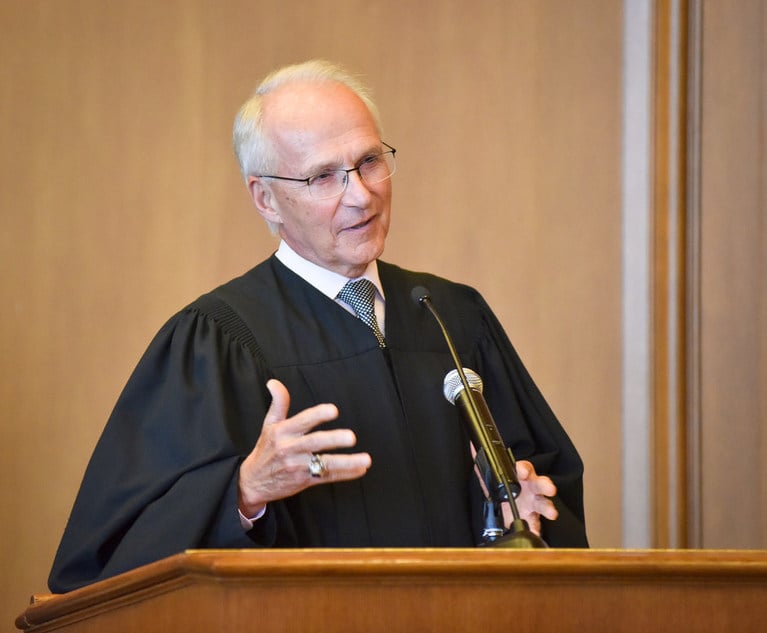Justice Elizabeth Garry often sees farmers on their tractors or lights blazing in barns as she is driving home late in the day from her courthouse in Albany to rural Chenango County. It makes her glad that she is a judge and not a farmer, she said.
“I may feel as if I have been working hard, but I know it is not that hard,” the farmer’s daughter said.


 Justice Elizabeth Garry. Photo: Courtesy of Albany Law School
Justice Elizabeth Garry. Photo: Courtesy of Albany Law School




